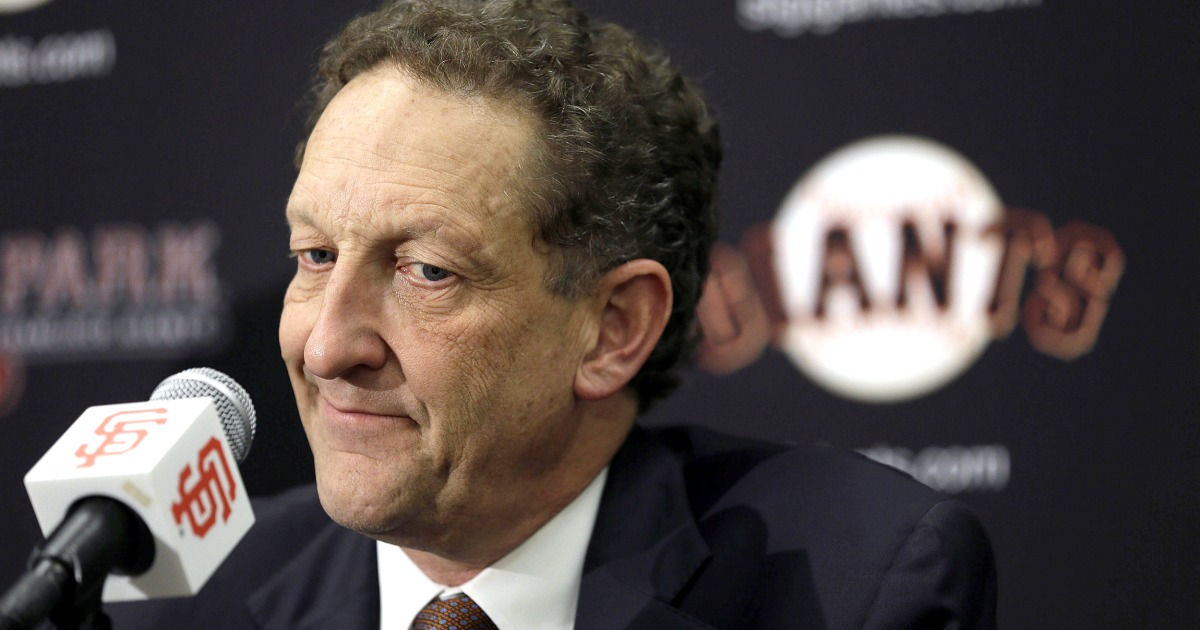San Francisco Giants CEO Larry Baer has sent a defiant 7-word message to Major League Baseball (MLB) following a $10 million fine imposed on the team for refusing to post a Pride Month message on social media. Baer’s statement, “We stand by our principles, MLB,” reflects the Giants’ firm stance amid a growing controversy that has sparked heated debates in the sports world. The fine, announced on June 6, 2025, highlights tensions between team autonomy and MLB’s push for inclusivity.

The Giants’ decision to abstain from posting a Pride Month message in June 2025, a time dedicated to celebrating the LGBTQ+ community, drew sharp criticism from MLB. The league has increasingly prioritized diversity, encouraging teams to participate in Pride initiatives, such as social media campaigns, to foster acceptance. While the Giants previously debuted Pride-themed uniforms in 2021, becoming the first MLB team to do so, their refusal to comply with this year’s social media directive led to the hefty fine. Baer, who has led the Giants since 2012, is no stranger to MLB scrutiny—his 2019 suspension for a public altercation with his wife set a precedent for league discipline.
Baer’s 7-word message emphasizes his belief that the Giants should have the right to uphold their organizational principles without league interference. Having been part of the ownership group that kept the Giants in San Francisco since 1992, Baer has overseen three World Series titles (2010, 2012, 2014) and the construction of Oracle Park. However, his tenure has also faced challenges, including the 2019 incident and now this Pride Month controversy. Critics argue that the Giants’ refusal alienates fans and undermines MLB’s inclusivity efforts, while supporters see Baer’s stance as a defense of team autonomy.

The $10 million fine has reignited discussions about the balance between league mandates and team independence in professional sports. Some fans and analysts believe MLB’s penalty is a necessary step to ensure unity on social issues, especially as Pride Month grows in significance across sports. Others view it as an overreach, arguing that teams should not be forced to align with specific cultural campaigns. The Giants’ fanbase remains split—some applaud Baer’s resolve, while others feel the team missed a chance to support a marginalized community.
As the debate continues, Baer’s message signals his readiness to challenge MLB’s authority, even at a significant financial cost. This incident raises broader questions about the role of sports in addressing social issues and whether leagues should mandate participation in cultural initiatives. The Giants and MLB appear to be at a crossroads, with Baer’s 7 words serving as a bold statement of defiance. How this conflict will affect the Giants’ relationship with MLB and their standing with fans remains uncertain, but it underscores the complex intersection of sports, values, and societal expectations in 2025.